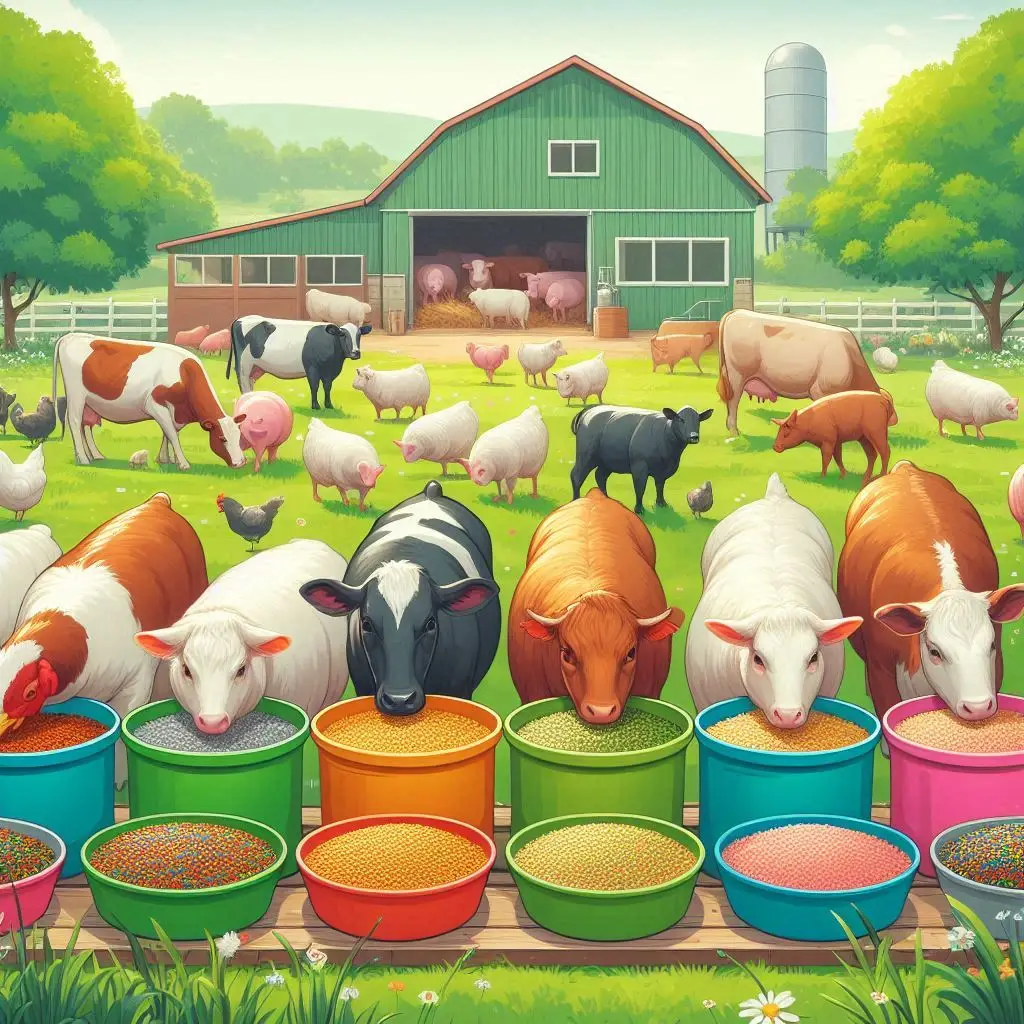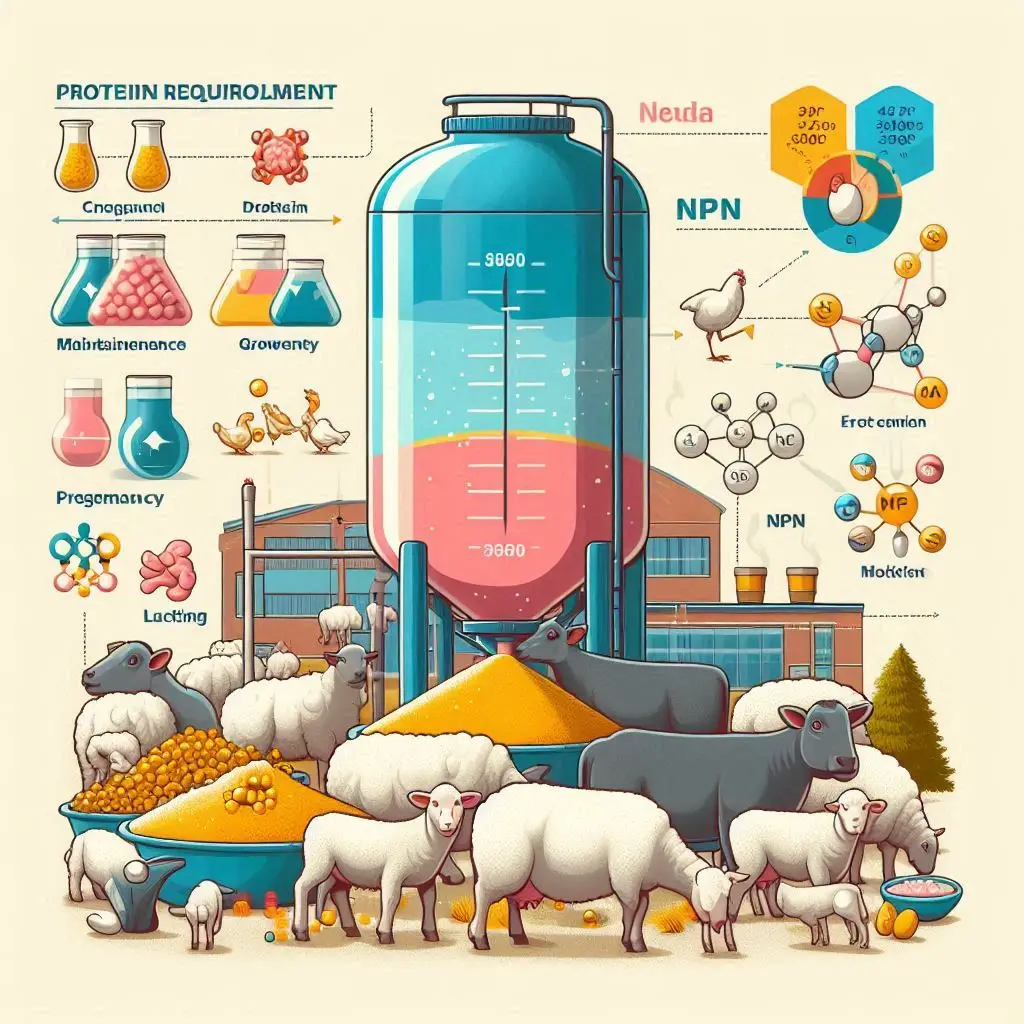Feeding Management for Dairy Cows

Understanding the Importance of Feeding Management
Feeding management plays a vital role in dairy farming. Proper nutrition directly affects milk yield, reproduction rates, and overall cow health. A balanced diet helps prevent diseases and promotes longevity in your herd. By focusing on effective feeding management, farmers can maximize productivity while ensuring animal welfare.
The Role of Nutrition in Dairy Farming
Nutrition is the foundation of a successful dairy operation. Cows require a mix of energy, protein, vitamins, and minerals to thrive. According to the University of Minnesota Extension, a well-balanced diet supports optimal growth and milk production.
Energy Requirements
Cows need sufficient energy to maintain their body functions and produce milk. Energy primarily comes from carbohydrates and fats found in grains and high-energy forages like silage.
Protein Needs
Protein is essential for muscle development and milk production. High-quality protein sources include soybean meal, canola meal, and alfalfa. The National Dairy FARM Program emphasizes the importance of protein in dairy diets.
Vitamins and Minerals
Vitamins (A, D, E) and minerals (calcium, phosphorus) are crucial for various bodily functions. A deficiency can lead to health issues such as weak bones or poor reproduction rates.
Forage Quality Matters
Forage quality significantly impacts cow health and productivity. High-quality forage provides necessary fiber that aids digestion. The Penn State Extension provides valuable resources on assessing forage quality.
Nutrition Planning: Building a Balanced Diet
Creating a balanced nutrition plan is essential for meeting the specific needs of your herd. This involves understanding the nutritional requirements based on factors such as age, breed, lactation stage, and production goals.
Collaborating with Nutritionists
Working with a livestock nutritionist can help you tailor diets effectively. They can analyze your herd’s needs and recommend adjustments based on production goals.
Regular Monitoring
Regularly assess body condition scores (BCS) to ensure cows are receiving adequate nutrition. Adjust the diet as needed based on BCS and milk production levels.
Implementing Nutritional Guidelines
Follow established nutritional guidelines to ensure your cows receive balanced diets. The Dairy One Forage Lab provides resources for understanding nutritional requirements.
Feed Procurement: Sourcing Quality Feed
Securing high-quality feed is essential for maintaining cow health and maximizing production. Here are some strategies to consider:
Assessing Feed Quality
When procuring feed, always assess its quality. Look for reputable suppliers who provide analysis reports on nutritional content. Check for signs of mold or spoilage in forage.
Diverse Feed Sources
Incorporate a variety of feed types—grains, forages, concentrates—to ensure a balanced diet. This diversity helps meet all nutritional needs effectively.
Cost-Effective Solutions
Consider growing your own feed crops like corn or alfalfa to reduce costs. This approach not only lowers expenses but also ensures quality control over what your cows consume.
Proper Storage Techniques
Store feed in clean, dry conditions to prevent spoilage. Proper storage extends the shelf life of your feed and maintains its nutritional value.
Establishing a Feeding Schedule: Consistency is Key
Implementing a regular feeding schedule helps maintain cow health and optimize production levels.
Creating a Feeding Routine
Feed cows at the same times each day to establish routine. Consistency improves digestion and nutrient absorption.
Portion Control Matters
Provide appropriate portion sizes based on the nutritional needs of each cow or group of cows. Overfeeding or underfeeding can lead to health issues.
Ensuring Clean Water Access
Always provide clean, fresh water at all times. Hydration is crucial for digestion and overall health.
Monitoring Feeding Behavior
Regularly observe feeding behavior to identify any issues such as competition for feed or changes in appetite. Adjustments may be necessary based on these observations.
Tips for Effective Feeding Management
To enhance your feeding management practices further, consider these additional tips:
Utilize Technology
Implement technology solutions like automated feeders or software that tracks feed intake and cow health metrics. These tools can streamline operations significantly.
Educate Your Team
Ensure that everyone involved in feeding management understands best practices. Regular training sessions can improve overall efficiency.
Stay Updated with Research
Keep abreast of the latest research in dairy nutrition by following reputable sources like Dairy Herd Management or attending industry conferences.
Conclusion: Prioritize Feeding Management
Effective feeding management is vital for the success of any dairy operation. By focusing on balanced nutrition planning, sourcing high-quality feed, and maintaining a consistent feeding schedule, farmers can significantly enhance cow health and productivity.
Investing time in these practices will yield long-term benefits for your herd’s performance and well-being. Remember that collaboration with nutritionists and continuous education are key components of successful feeding management strategies.
More from Livestock Production and Management:
https://wiseias.com/livestock-production-trends/






Responses